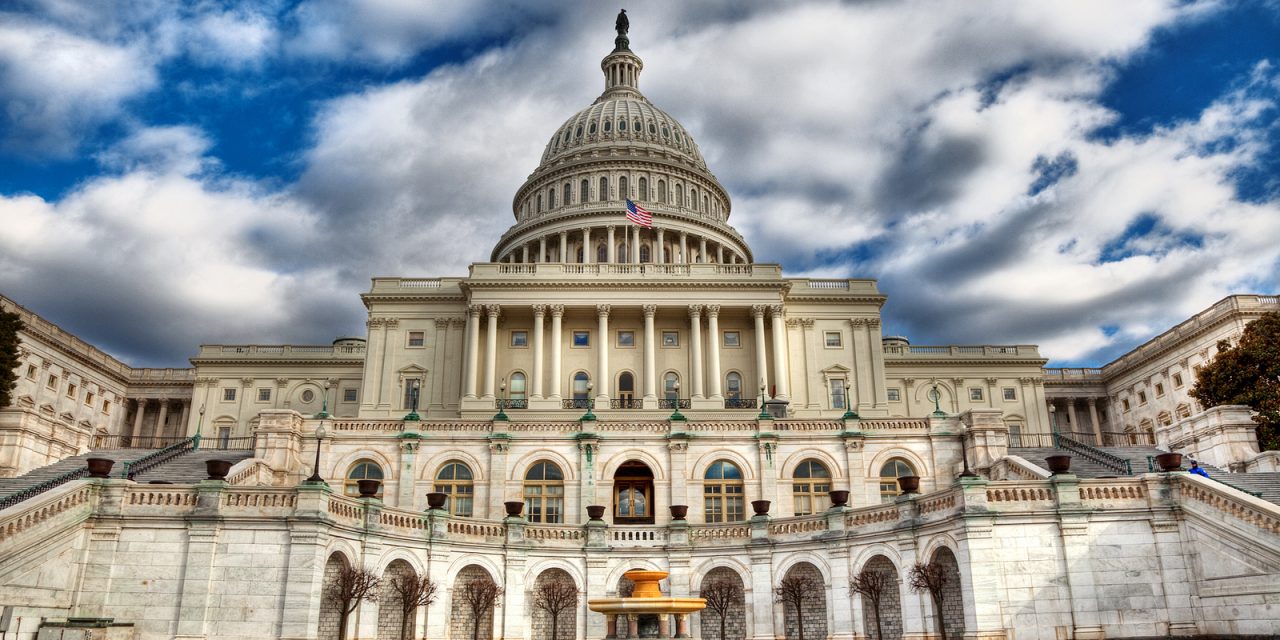By now, we’ve grown accustomed to Senators attempting to score political points at home through anti-immigration amendments, regardless of the topic of the underlying bill. Still, Senator David Vitter’s amendment to the Commerce, Justice and State appropriations legislation, which would cut off financing for the 2010 Census unless the survey includes questions about immigration status, is pretty convoluted—especially for a politician from a state still struggling to recover from the tragedy of Hurricane Katrina.
Despite the fact that the census is a constitutionally mandated count of all people in the U.S.—irrespective of immigration status—this amendment isn’t about getting a more accurate or more differentiated count. It plays on GOP fears that redistricting based on the census count might shift the balance of power in Congress if undocumented immigrants are counted. Everyone, however, should be afraid if undocumented immigrants are not counted because of state and local budget ramifications—ramifications that echo all the louder as people around the country struggle to recover from one of the worst economic downturns in decades.
The Drum Major Institute’s Afton Branche writes in “The Next Economic Imperative: Undocumented Immigrants in the 2010 Census.”
Failing to gather accurate information about an estimated 12 million undocumented residents will make it too difficult for the country to recover from the worst recession in decades: local and state governments won’t receive adequate funding for public services; businesses will be discouraged from investing in new markets and creating jobs in growing communities; costly mistakes will be made in infrastructure, education, and healthcare because of incomplete demographic data.
In addition to the plausible losses to local governments, the cost of changing forms and databases so late in the game was reported in the New York Times:
The Commerce Department says that redoing the survey would cost hundreds of millions of dollars: to rewrite and reprint hundreds of millions of census forms, to revise instructional and promotional material and to reprogram software and scanners.
And finally eight former Directors of the U.S. Census Bureau (under both Republican and Democratic Administrations) wrote a statement outlining how detrimental a change would be to the process right now:
Research, testing, design, planning and preparation for a Decennial Census are an enormous challenge. By the fall before the census starts, the process is on “auto-pilot”: final questionnaires are running off the presses, local census offices are opening and preparing to recruit and train hundreds of thousands of census takers, and paid media is ready to launch….Less than six months before census day and only several months before the counts starts, is not the time to place a decade of careful and demanding preparations at risk.
Play all this out in the state of Louisiana, a place that knows a thing or two about the need for federal dollars and an accurate count of who is actually living there. Try to imagine having totally inaccurate data on the people of New Orleans right after Hurricane Katrina and you start to get a picture of the kinds of problems we face when altering the census. It all comes back to the fact that until we deal with immigration on its own terms, politicians will attempt to twist, turn and contort immigration amendments to their own ends—regardless of the impact it will have on their constituents—as long as it makes a good sound bite about illegal immigration.
Photo by Christine & Eric.
FILED UNDER: undocumented immigration


